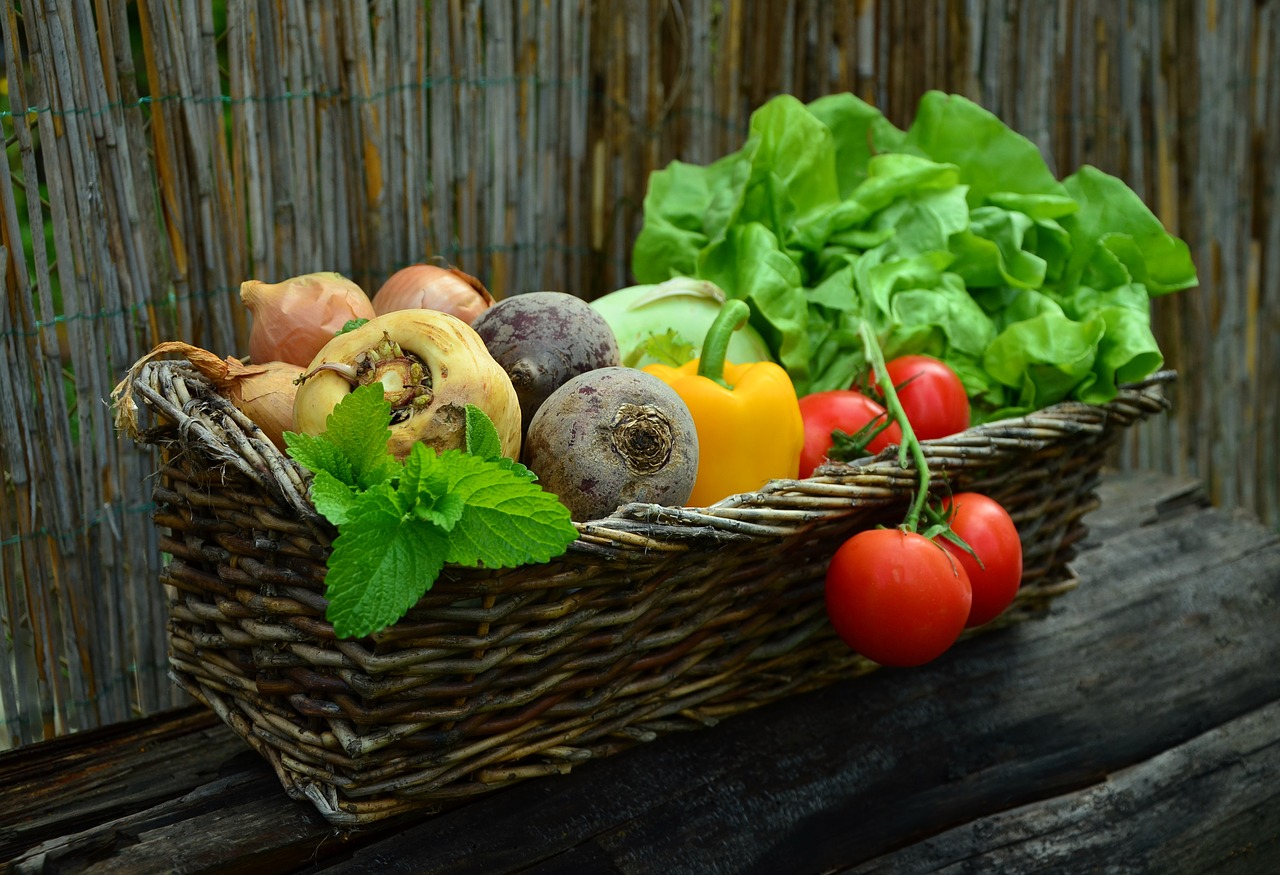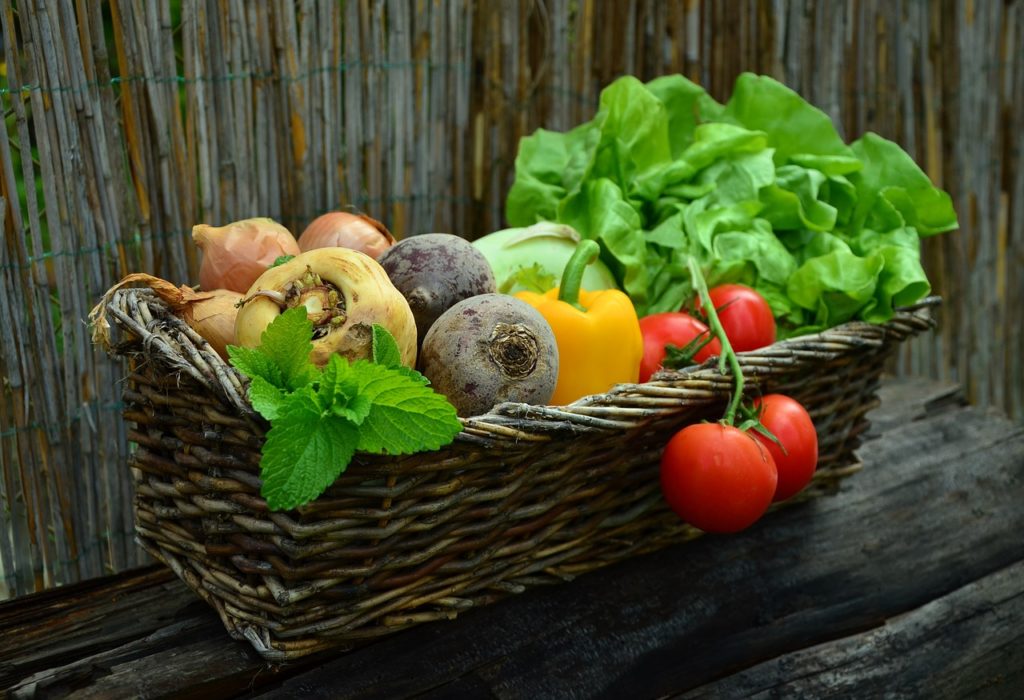The Problem With Processed Food

Any food with more than one ingredient or more than one process is technically a processed food. If you want to be picky, broccoli is picked, packaged and shipped to your local store. That’s three processes. In the end, avoiding processed food means understanding what processes are useful and which are unhealthy.
“We have to determine what processed really means when we’re talking about processed food,” said Andrea Giancoli, MPH, RD, former spokesperson for the Academy of Nutrition and Dietetics (2005 to 2014). For example, Giancoli considers white bread refined since most of the healthy fiber has been removed during the processing. “It’s also processed, but keep in mind, that as a cook you’re doing the processing yourself. Have you ever heard of something called a food processor? I think we get caught up in the word processed without realizing what it truly means.”
Processed food can be measured on a spectrum from a little to a lot:
Minimally processed foods such as bagged spinach, cut vegetables, and roasted nuts are often simply pre-prepared for convenience.
Foods processed at their peak freshness include canned tomatoes, frozen fruit and vegetables, and canned tuna.
You will want to beware of foods with ingredients added for flavor and texture (sweeteners, oils, colors, and preservatives) include jarred pasta sauce, salad dressing, yogurt and deli meat.
Worst of all Ready-to-Eat foods such as, frozen or pre-made meals are the most heavily processed and nearly guaranteed to contain soy, peanuts or corn.
The Positives of Processed
“Bagged vegetables and salads are helping people eat more vegetables,” says Giancoli. “They’re more expensive, but if your choice is between paying less and chopping it when you know you’re not going to do that, and paying a little more for the bagged vegetable you know you’re going to eat, the [bagged vegetable] is a better choice.”
“You have to look at the big picture,” says Giancoli. “Be a detective — read the ingredients list and review the nutrition facts panel. Food is complex, and we need to get to know it.”
Added Sugars
“We have tons of added sugars in our food supply,” says Giancoli. “We think that just because a product says ‘organic’ or ‘natural,’ that means it’s better and healthier for us, but that’s not always the case … whether [a product] has added high-fructose corn syrup or natural cane sugar, we need to be wary of both.”

At some level, almost all food is “processed.” Understanding which processes support your health and which ones do not can make you a better advocate for your own health. For answers to any questions about processed foods, call Steve or Dr. Pulley at 978-237-5106.


